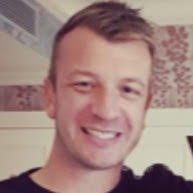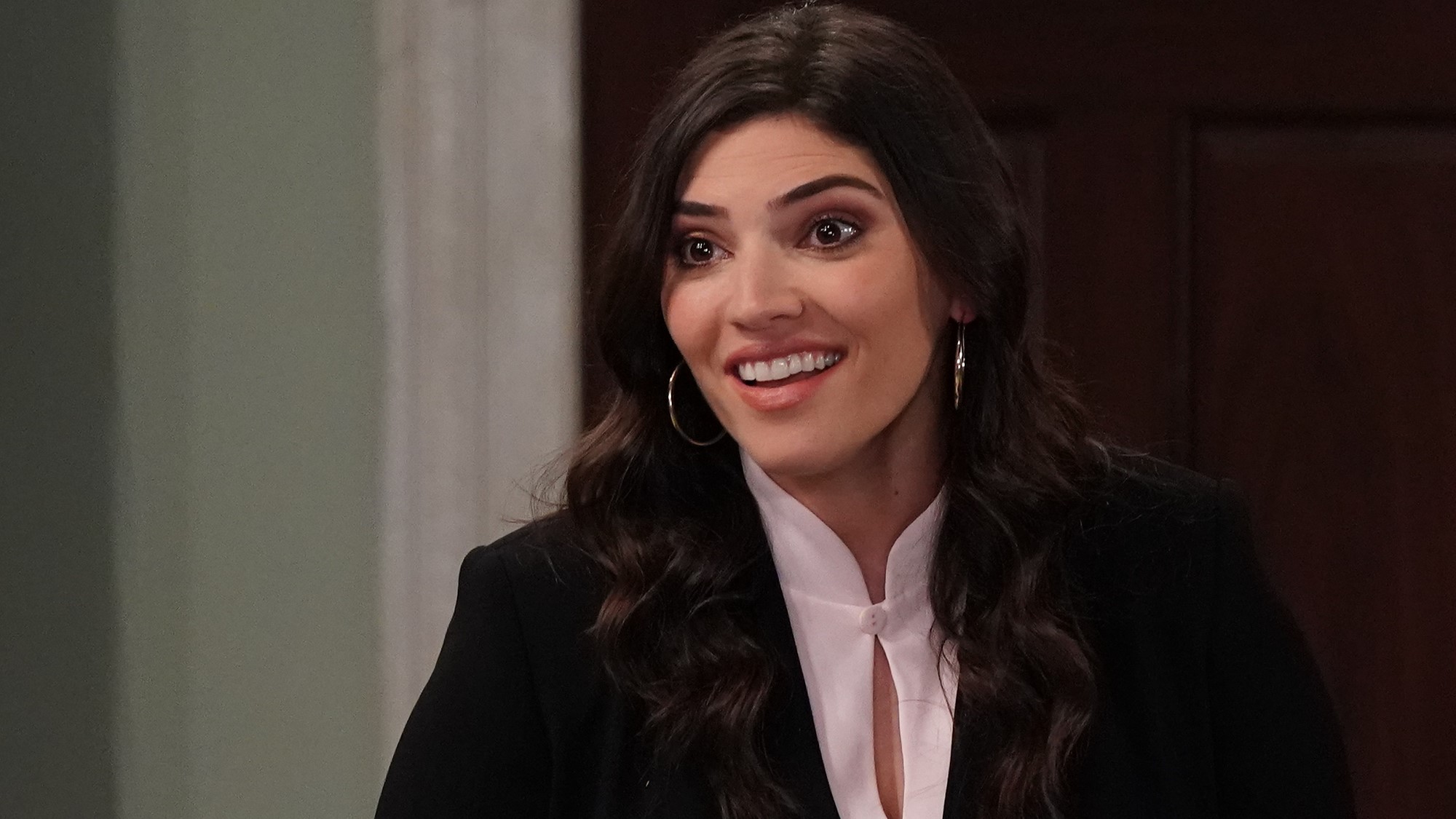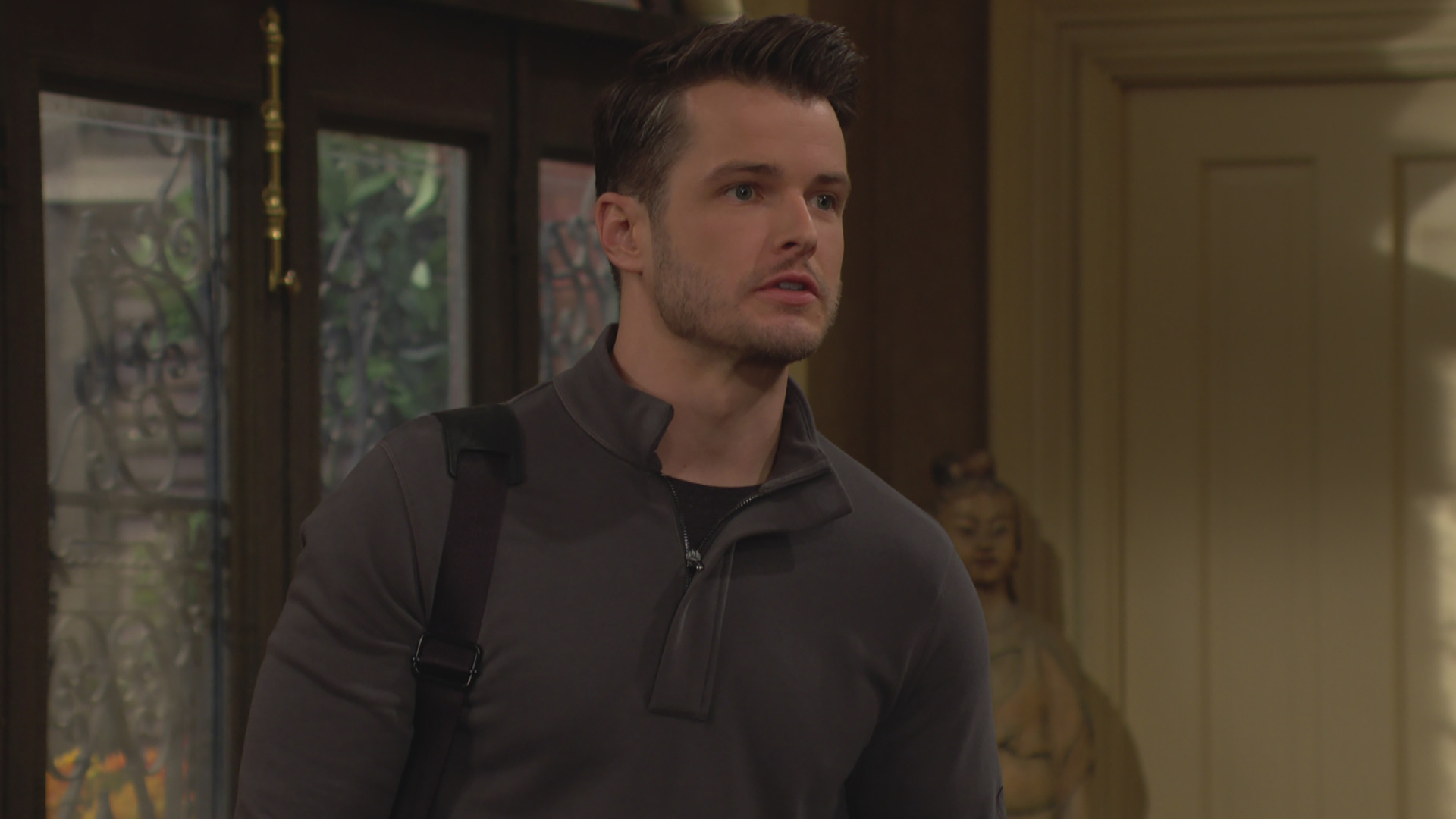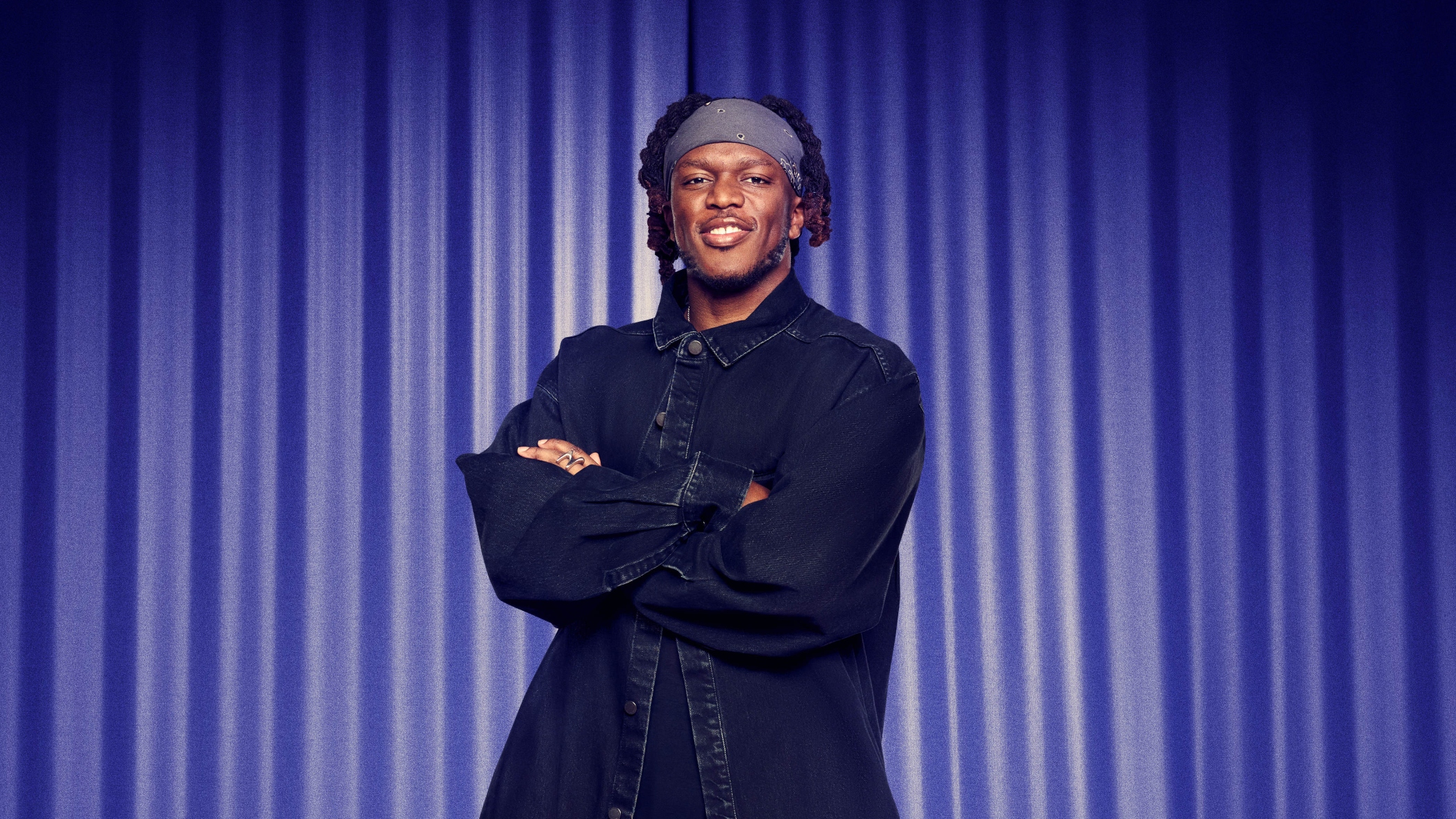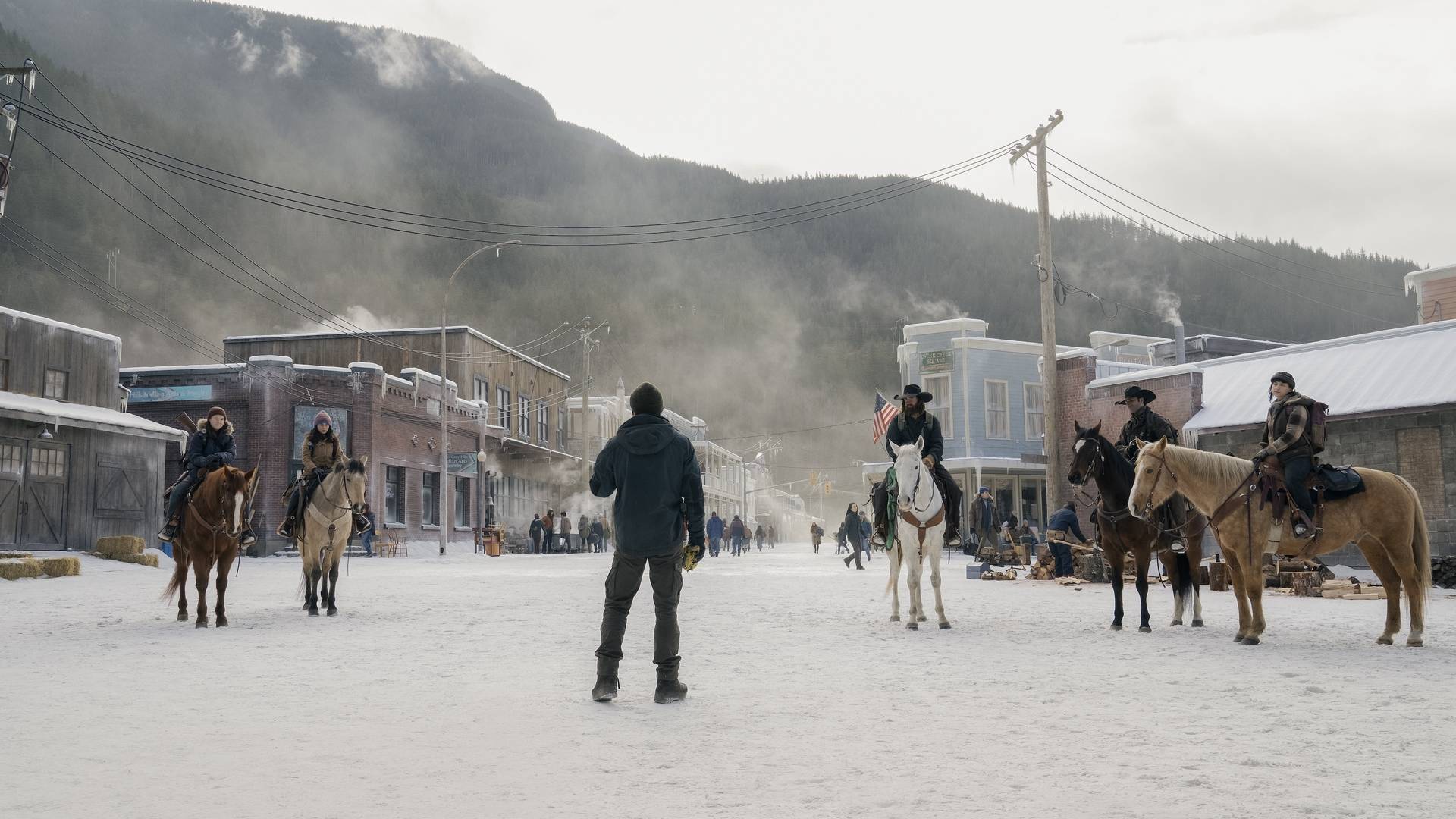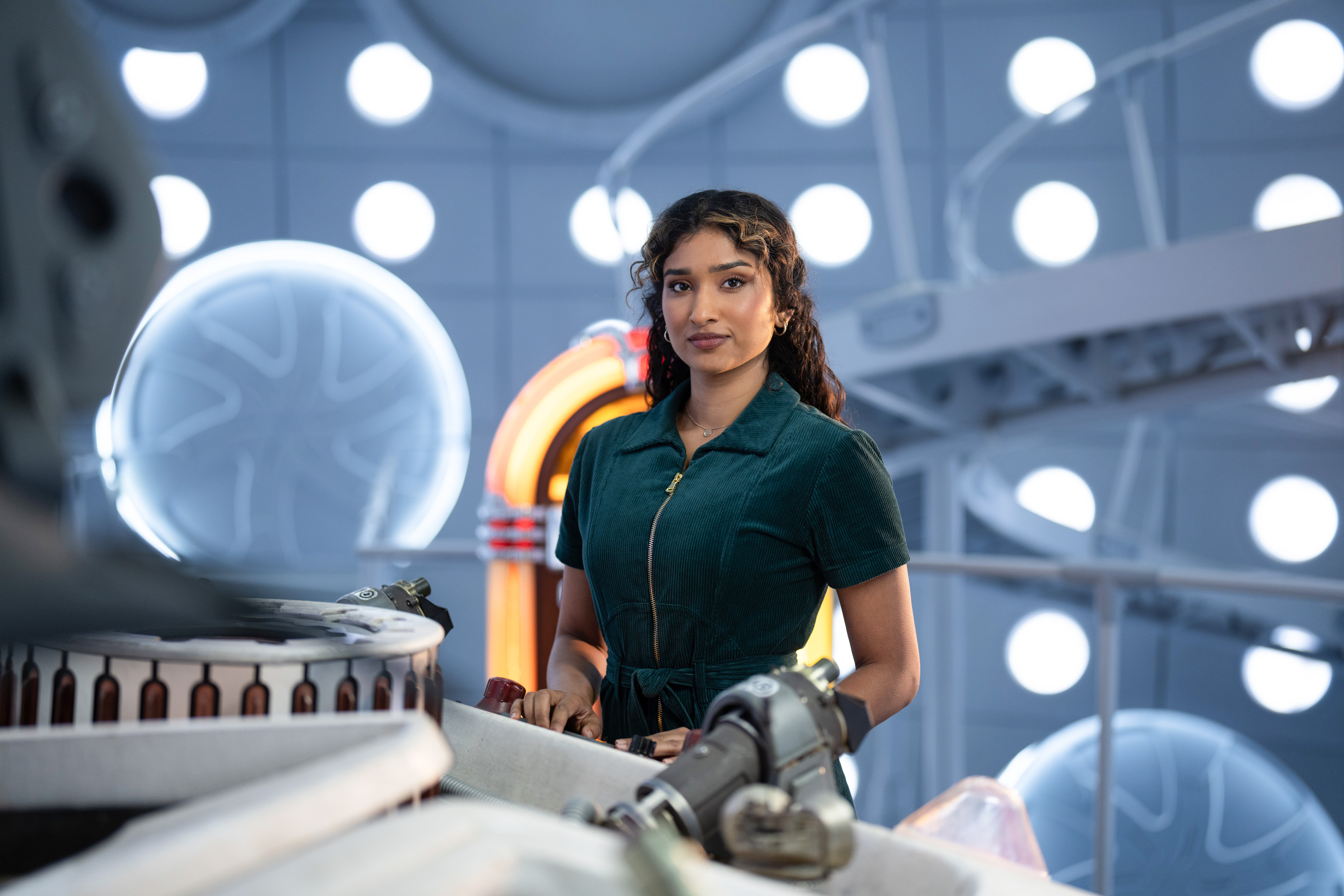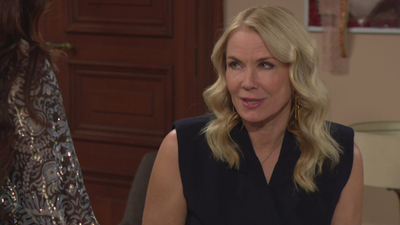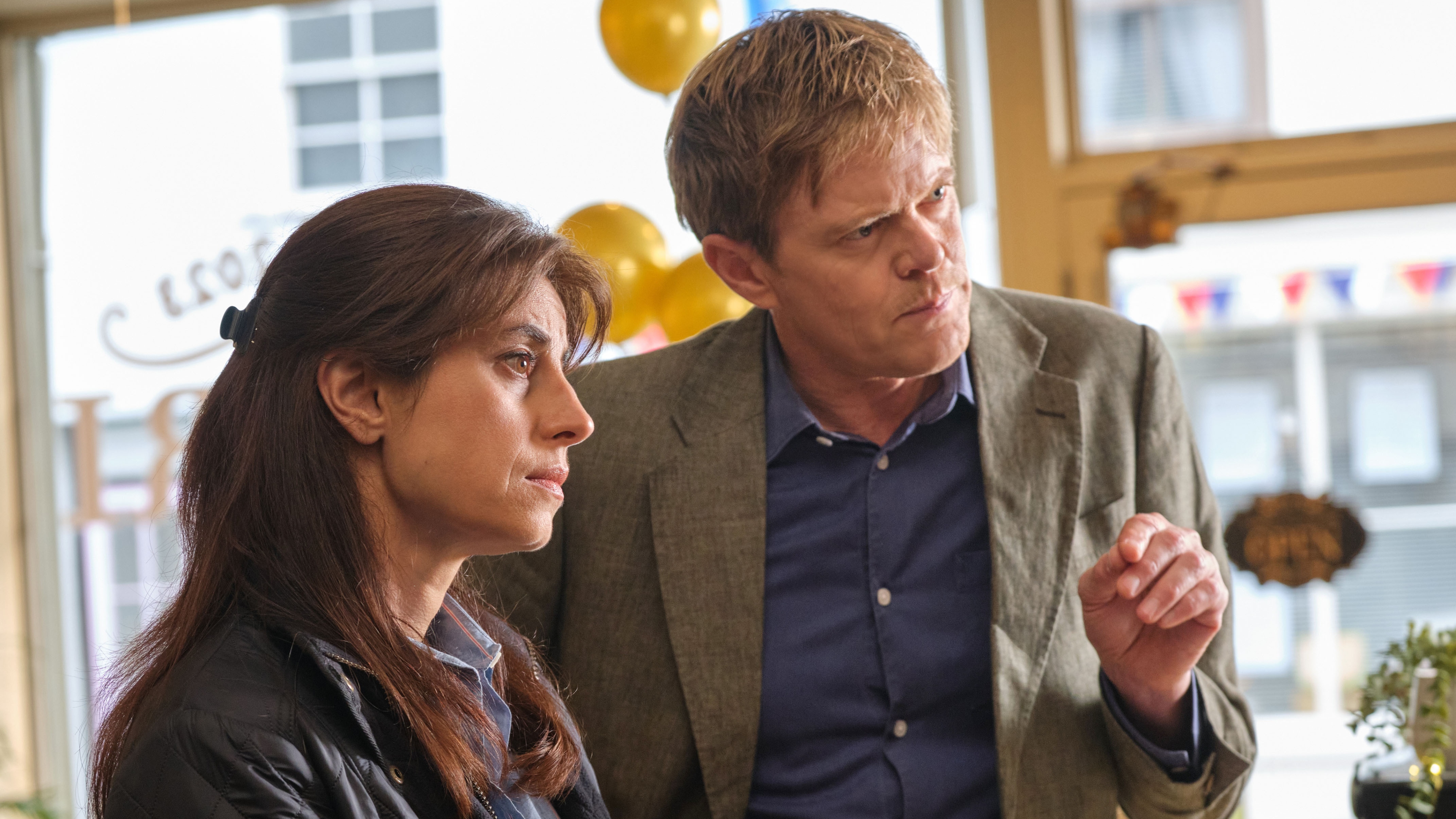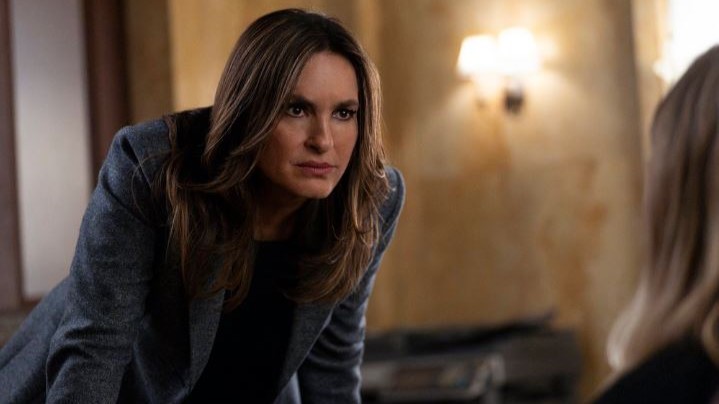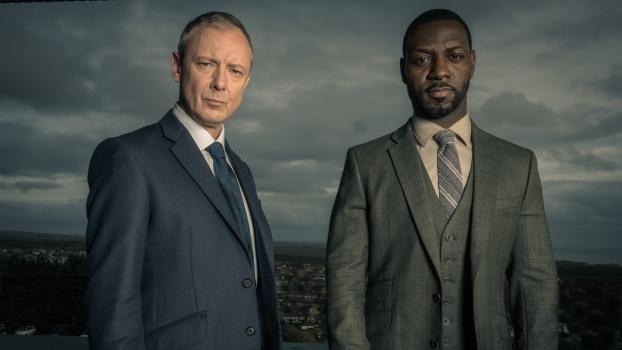Jodie Foster: Silence of the Lambs is 'weirdly' the great-grandfather of True Detective season 4
'First came Silence, then Seven, then True Detective...'
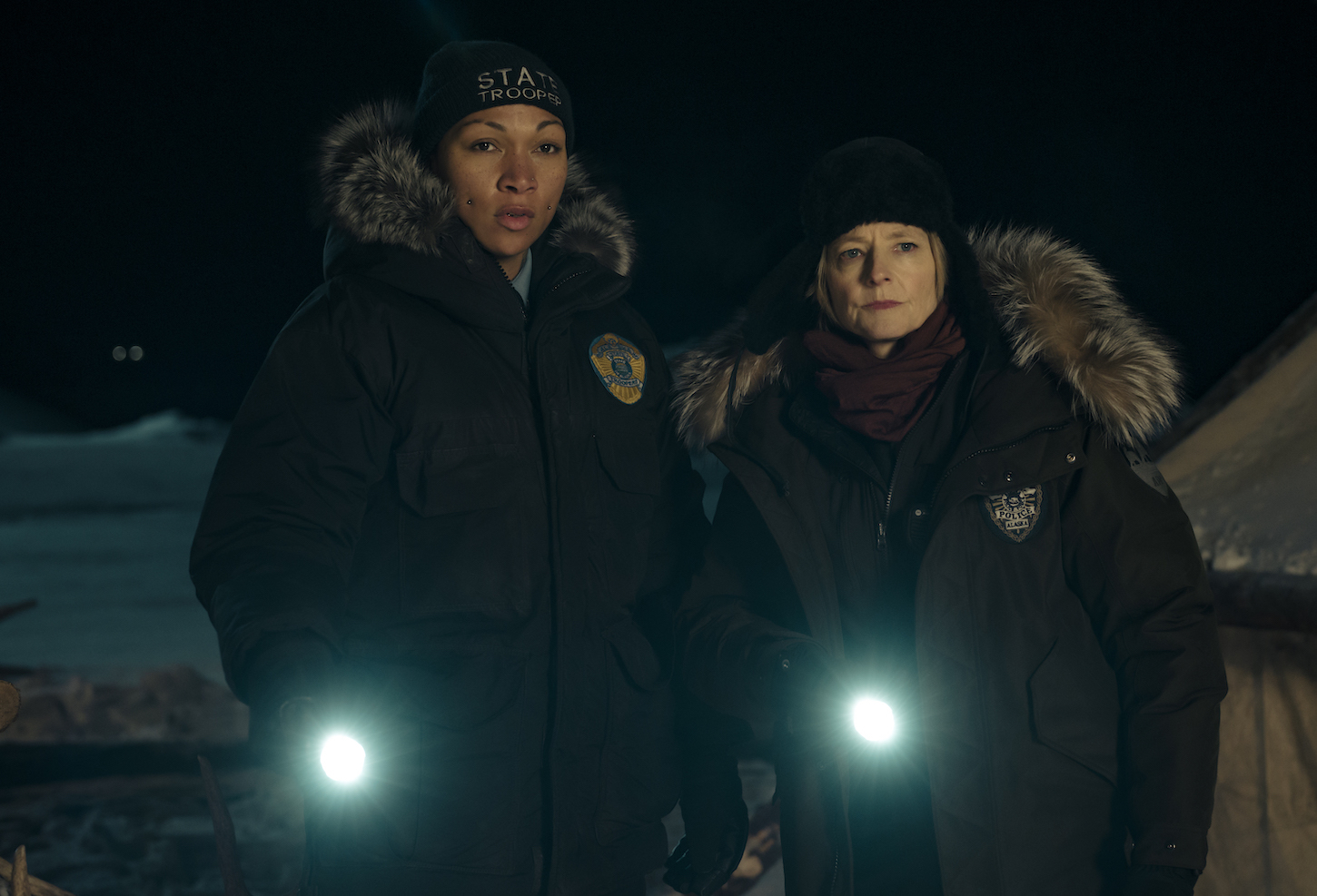
Jodie Foster becomes the latest star to enter the world of True Detective as she takes on a leading role in the fourth installment of the hit anthology series, True Detective: Night Country.
The double Oscar winner, who memorably starred opposite Anthony Hopkins in the iconic 1991 film, The Silence of the Lambs, leads the cast as police chief Liz Danvers, while also serving as an executive producer.
The six-part tale opens in mid-December, with eight men who operate the Tsalal Arctic Research Station in the fictional Alaskan town of Ennis vanishing without a trace, as the sun sets for the final time that year.
Danvers teams up with State Trooper Evangeline Navarro (Kali Reis) to investigate, yet the pair soon finds the case taking them into the deepest corners of the human soul, in a story that touches upon the supernatural.
True Detective: Night Country is the first time the franchise has featured two female leads and it also has a new showrunner with Issa López taking over from Nic Pizzolatto, who oversaw the three previous seasons.
When we spoke to Jodie Foster at a recent press event, she told us more...
What was it wearing a police uniform again after The Silence of the Lambs? Did you feel a kinship between these two characters?
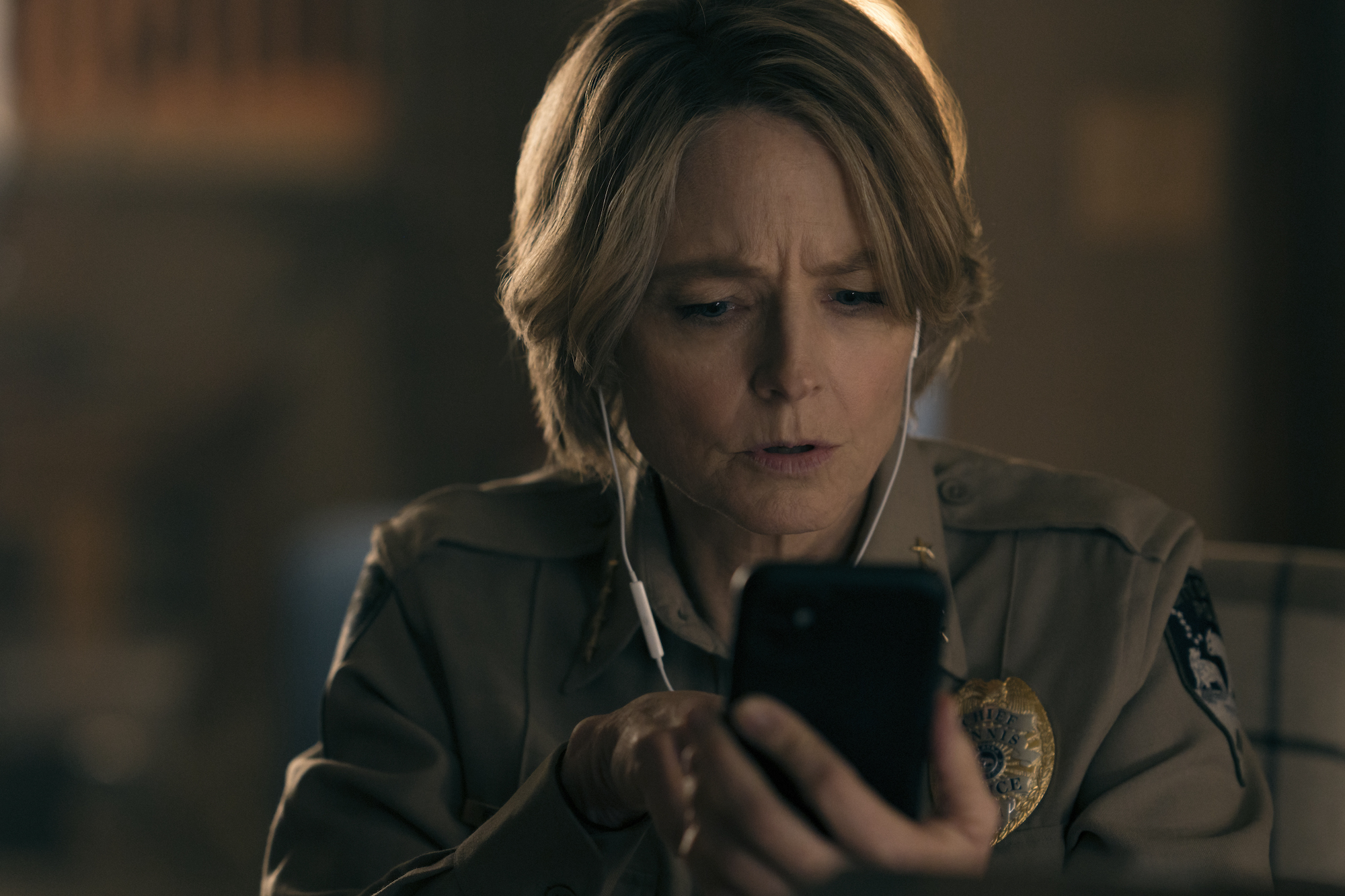
Jodie Foster: "Well, Clarice never got to wear a uniform sadly, she just got to wear bad suits! Weirdly, I think The Silence of the Lambs is like the great-grandfather of this show. First came Silence, then came Seven, then came True Detective 1 and from that came True Detective: Night Country. I feel like that idea, the eerie messed-up horror quality of a place, an identifiable place, the fact that it mirrors the psychological drama of the internal psyche of the detectives, I think that was specific to all of them. Clarice and Danvers couldn't be more different, although let's hope that Clarice doesn't turn into Danvers! But both of them have lived in a kind of an all-male society the way the police department is, they've had to toughen up. They've had to grow armor in some ways, and figure out how to combat misogyny. But they both do it differently."
Get the What to Watch Newsletter
The latest updates, reviews and unmissable series to watch and more!
How do you prepare for for the physical and emotionally demands of working in Alaska?
JF: "Well you get your warm coats and you get your gloves, you get the right boots! People that live in those places, unless they're native people that were born there, they go there because they're running away from something. They're looking to be at the end of the world in some ways. So the place really informs the character, being freezing like that and living in a place where if your car runs out of gas in the winter, that's the end of you! So there's a unique survival mentality to those places, where you're really so close to nature in all of its beauty, grandeur and also in all of its harshness. I did manage to get sick once, because no matter how many little heat pads you put on your body, you still have to breathe! I went down for, eight or 10 days, and they managed to shoot around me, but it was it was pretty gnarly."
What excited you about the story and why you were so eager to be involved?
JF: "It was undeniably a great script. The first episode was quite a bit different then, than it is now, but it was just so inspiring. I think you really got a hint of the world and the place. The story is so much about grief and how the dead walk among us and the toll on nature that human activity has taken and the idea that that nature could rise up and fight back. I thought that was just beautiful. And then there was Issa López. I had faith in her as a showrunner, writer and producer-director, from the first time we met. I knew she was going to do every one of the episodes and I was like 'I'm on board because of you!'"
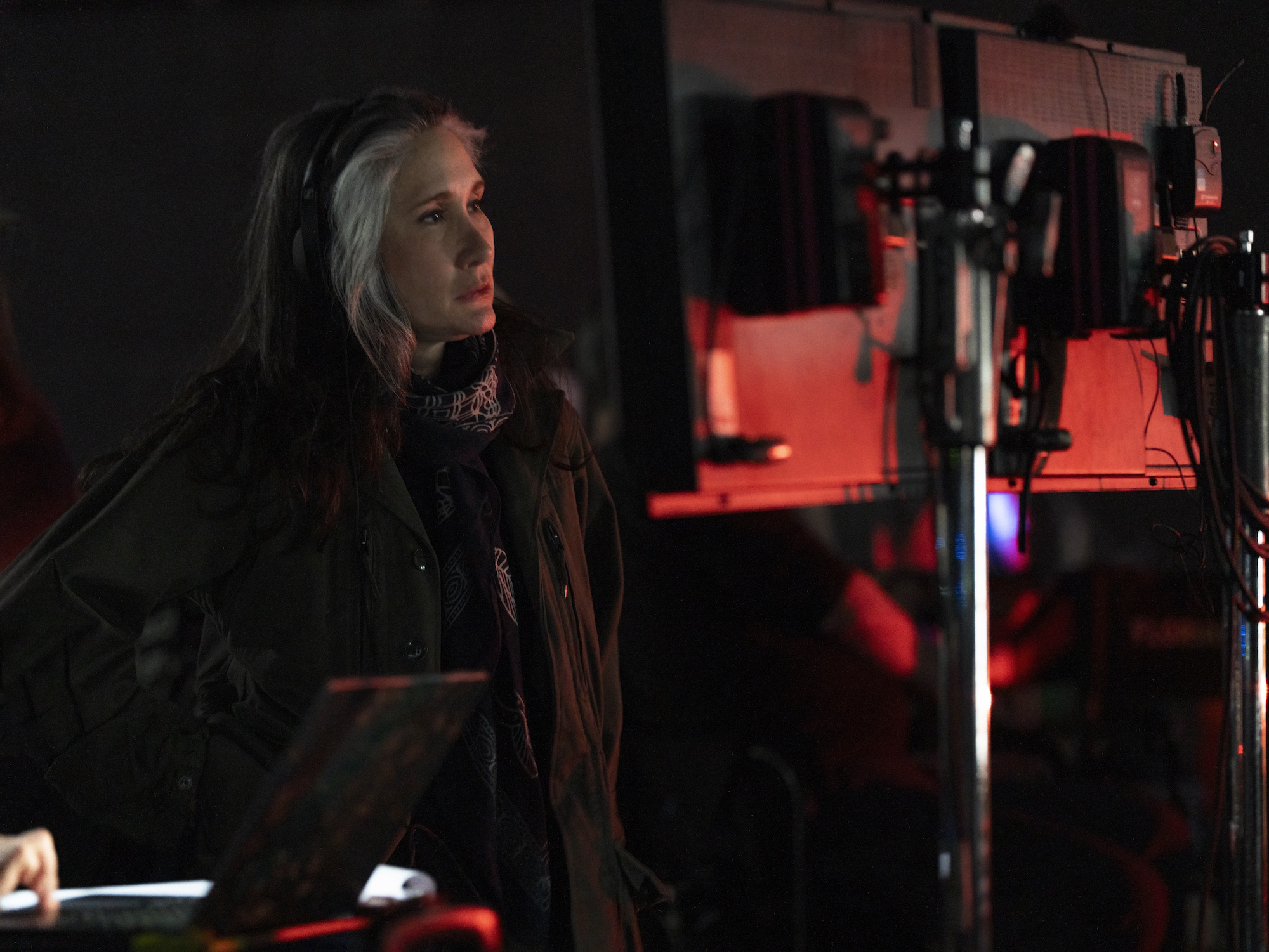
The series is set in Alaska, but it was actually shot in Iceland wasn't it?
JF: "The Icelandic crew was amazing. Not only accomplished and skilled but also really calm and fun. They managed to get through everything and nothing was a problem. There are people there that I really love and I can't wait to go back and see their kids and do some singing, which we know is a big part of Icelandic culture. The food is delicious. There's great music in Reykjavik and 15 minutes outside of Reykjavik, it's like you're in the absolute middle of nowhere. I don't think there's a landscape that's like that.
"That being said, you know, we it was supposed to be Alaska. So I went to Alaska last summer for a quick trip with Kali and her husband. We got to see a bunch of the actors that were in the series and visit some of our friends there and do stuff like fishing and salmoning and berry-picking and seeing bears and stuff. Alaska is magical, it's like no other place. It's such a very specific part of the United States. It's impossible to describe if you haven't been there, so close to the center of the Earth in some ways. But what was really great, was being outside, and we're shooting and then suddenly, the Northern Lights start happening. And we're all just stopped with our phones. You know, looking at the Northern Lights. That was pretty great."
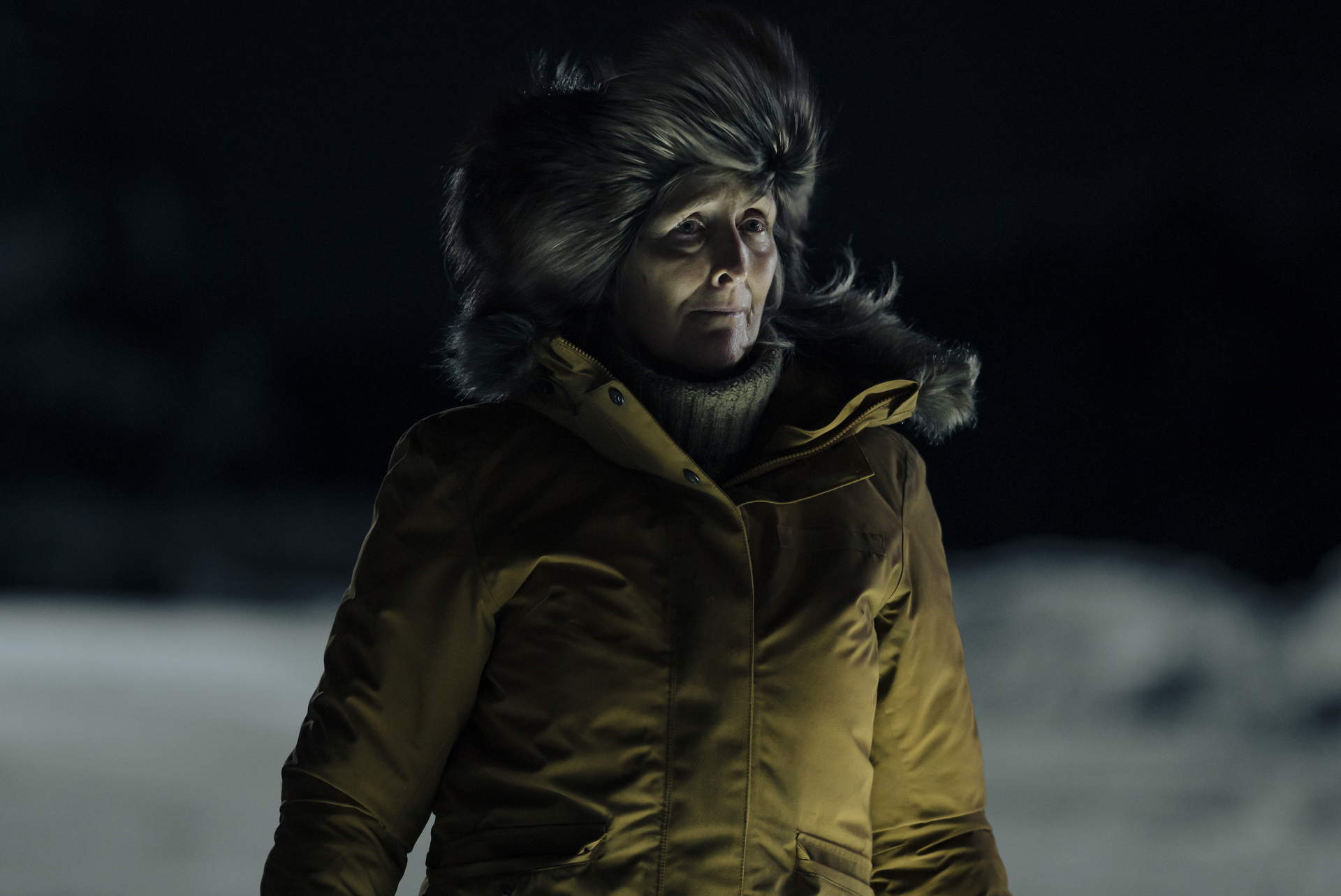
How did you find the mental aspect of working in total darkness?
JF: "There's something weird about doing so many nights, but I've done that so many times as an actor. We do a lot of nights. I didn't mind it. We got that little bit of sunlight between 11 and three, where even though the sun doesn't really come up very high over the horizon, you still get the ambient light. So it's not like there's no daylight. If you were much further up to the Arctic Circle, there probably would be a lot less but we managed pretty well. And I had Fantasy Football, so that helped. I had all my football on my stations on the weekends and no matter how cold and dark it was outside, I always had football!"
What can you tell us about your process for playing Danvers?
JF: "My process is to talk about the scripts. We do a lot of development of the screenplays before we even set foot anywhere near the location. So that's a lot of talking between me and Issa and the writers and we look at drafts and we do all that and the research and just sort of allow that to sink in. Then when we get there, it's rehearsals. So the actors sit around and we talk about what works and what doesn't and what we're thinking about for our characters. I guess I'm kind of like a college student person, so I like to do everything intellectual and make lists and make decisions early on and then when somebody says 'Action!' I feel like that's where I discard all of that and hope it's all in my body and then I just be. I guess that's my process, but I also laugh a lot during a shoot. Somehow that gets me through it better than anything else."
True Detective: Night Country comes out this month, Nyad was out last month wowing audiences, I feel like we've seen more Jodie Foster in the last few months we have for quite some time. Does this mean you're back in terms of acting, or was this a particular role you really wanted to do?
JF: "Well, I go through periods, right. This was a little bit of an acting period, and I had to put some of my directing things to the side. I have a feeling the next period will be more of a directing period. But I just respond to material, if the material comes around and I feel like it's something that I want to say, it usually means that I'm ready to work. When I was younger, I used to go from thing to thing to thing. I grew up on film sets and I'd go from movie to movie or show to show, but as I got older, I realized I have to regenerate and I have to have something to say. And I have to live my life with my kids and stuff."
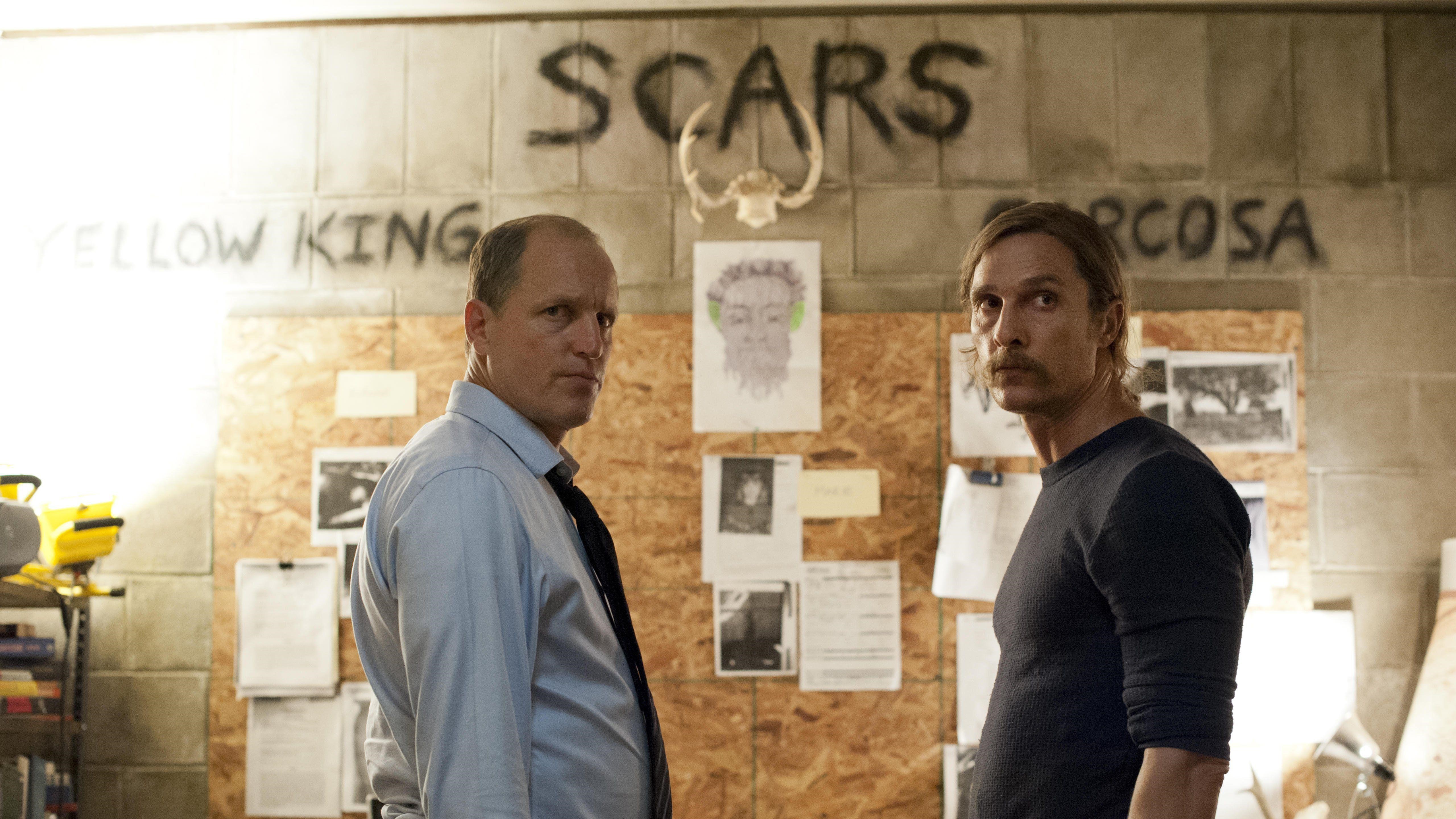
Every series of True Detective has something in common, but also its own personality. What do you think makes this new series is distinct from the previous ones?
JF: "Well, one of the most important decisions that you make is where the place is, because the place so informs the series, but it also reflects the psychological state of the characters. So instead of the hot Bayou of season one with Matthew McConaughey and Woody Harrelson, you have this very cold dark landscape. So total opposites. And instead of a kind of question of the complexity of masculinity, you have the questions of the complexity of females' behavior together. So they're kind of mirror images and there was something that felt so powerful about this cold arctic landscape, which is older than life itself. It has a connection, not just to the eeriness, but also to the kind of spiritual, cosmonautical myths that you find in native cultures. That was really potent and I felt like this idea of female-centered, female nature quality and how that works its way into the horror element of those two characters, was really fun."
True Detective: Night Country premieres on HBO on Sunday, January 14 in the US and Monday, January 15 on Sky Atlantic in the UK.
Sean is a Senior Feature writer for TV Times, What's On TV and TV & Satellite Week, who also writes for whattowatch.com. He's been covering the world of TV for over 15 years and in that time he's been lucky enough to interview stars like Ian McKellen, Tom Hardy and Kate Winslet. His favourite shows are I'm Alan Partridge, The Wire, Wolf Hall and Succession and in his spare time he enjoys drinking tea, doing crosswords and watching football.
